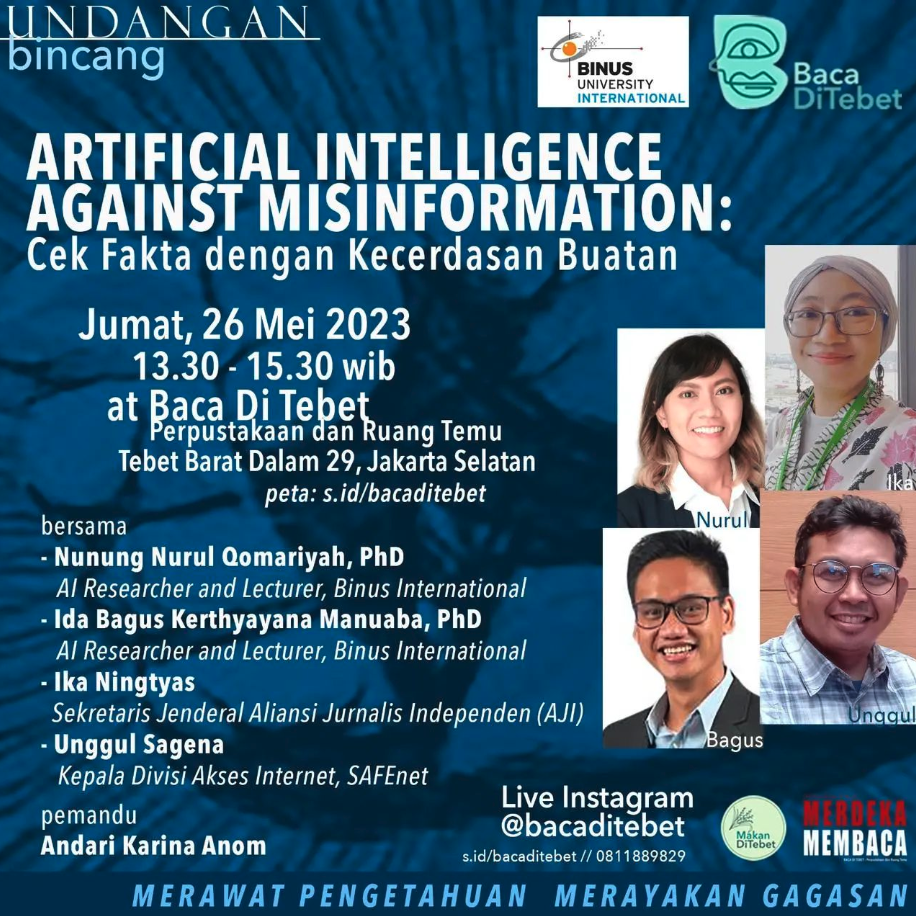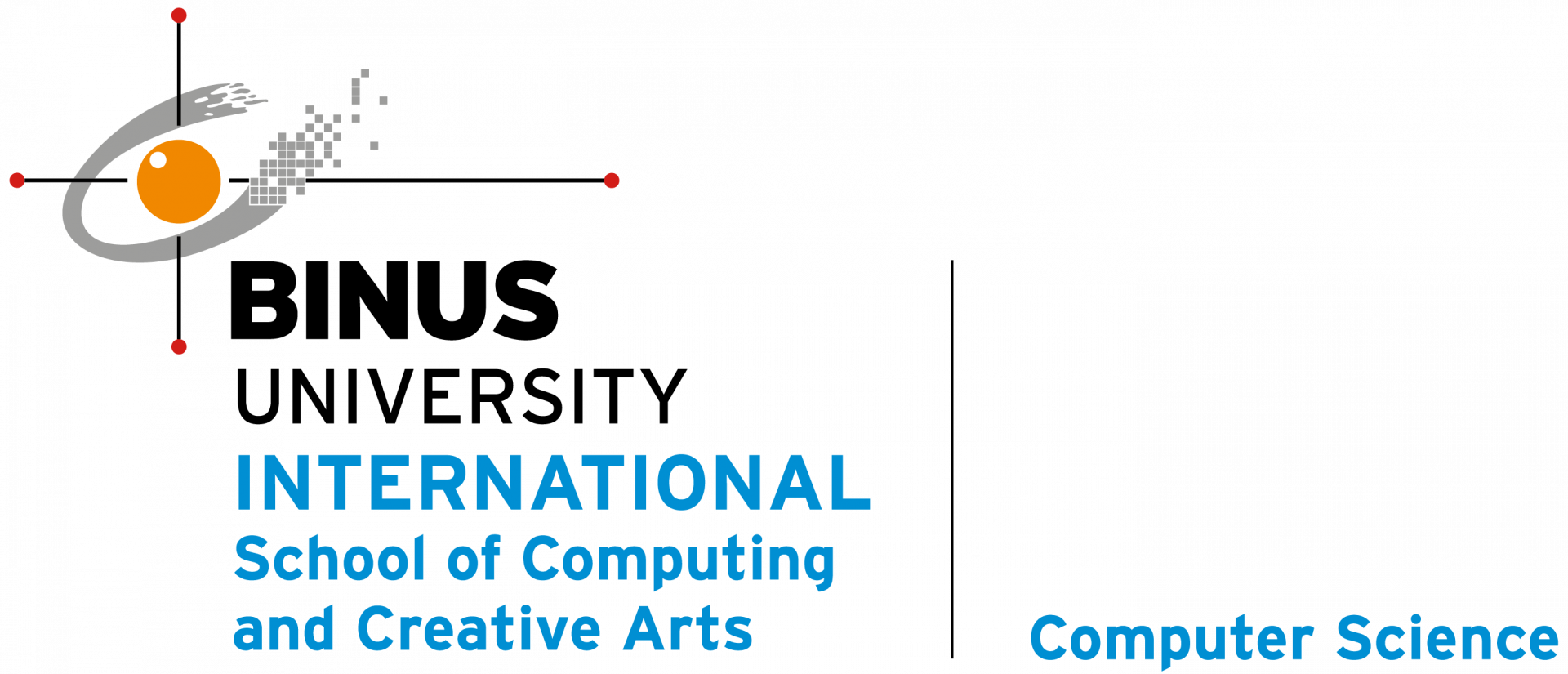AI’s Role in Fact-Checking: Navigating Ethics and Accuracy

In an era inundated with uncontrolled information across digital platforms, Artificial Intelligence (AI) technology has emerged as a potential tool for clarifying facts. However, the implementation of this technology must tread carefully, emphasizing ethics and accuracy to ensure that this breakthrough doesn’t inadvertently obscure information.
The Secretary-General of the Indonesian Journalists Alliance, Ika Ningtyas, emphasized the crucial role of AI in information verification, particularly in mainstream media where the complexity of circulating information has reached unprecedented levels. “AI is indispensable in information fact-checking, given the current complexity of information flow,” Ika Ningtyas stated during the “Fact-Checking with AI” event held in collaboration with Binus International University on May 26, 2023, in Jakarta.

This underscores the growing recognition of AI’s potential to sift through the vast expanse of information and present verified facts. However, the deployment of AI in this context must prioritize ethics and precision to ensure that the pursuit of clarity doesn’t compromise the reliability of information dissemination.
Developers of AI solutions must also pay close attention to the inclusivity of labeling. In an age of diversity and evolving language, it’s imperative that AI’s classification processes reflect a nuanced understanding of various terms and contexts.
During the aforementioned event, researchers from Binus International University unveiled their ongoing AI technology development aimed at detecting accurate information. The researchers, Ida Bagus Kerthyayana Manuaba and Nunung Nurul Qomariyah, expounded on their work, explaining that the AI system in development is grounded in web-based mechanisms. Fact-checking in this context involves the intricate field of natural language processing, illustrating the sophistication required to decipher the authenticity of information.
While AI brings the promise of streamlining the fact-checking process, its ethical implications cannot be understated. The responsibility to ensure transparency, fairness, and unbiased verification mechanisms rests on the shoulders of those developing and implementing these AI systems.
The ethical quandaries surrounding AI and fact-checking are complex and multifaceted. Striking the right balance between automating verification and safeguarding against potential biases or misinterpretations requires interdisciplinary collaboration. Ethicists, linguists, technologists, and stakeholders need to work collectively to establish robust guidelines that uphold the principles of accuracy, transparency, and fairness.
As we embrace AI as a potential solution to the challenge of misinformation, let us not forget that technology, while powerful, is only as ethical and accurate as its creators intend it to be. The promise of AI lies not only in its ability to process information but also in its capacity to elevate the standards of information dissemination in a world hungry for verified truths.
Source: [Kompas Article](https://www.kompas.id/baca/humaniora/2023/05/26/kecerdasan-buatan-untuk-perangi-hoaks-perlu-perhatikan-etika)

